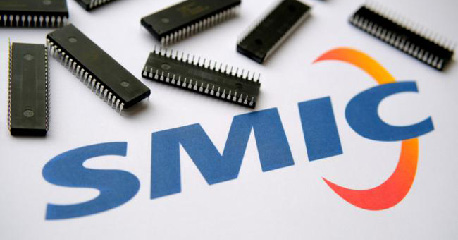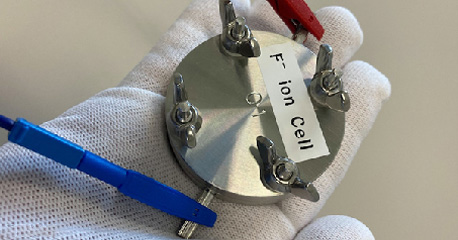
SMIC, the leading wafer foundry in mainland China, was revealed in July. It has shipped a small number of 7nm chips since last year, which shocked the market and touched the sensitive nerves of the United States. In October, the United States launched a new wave of sanctions on the mainland chip industry, blocking the development of advanced process technology. Some experts have analyzed that although the technology of SMIC is far inferior to that of TSMC and Intel, they are not as backward as the outside world thinks. One of the reasons why the United States insists on launching sanctions.
U.S. sanctions restrict U.S. citizens, organizations and companies from assisting the mainland in developing or producing semiconductors without a license, especially in key areas such as supercomputers, artificial intelligence and the military, Turkish broadcaster TRTWorld reported. .
However, the report mentioned that mainland engineers with U.S. citizenship and foreign engineers from the United States are the important core of SMIC's rapid development. It was a huge blow."
At present, the mainland's chip industry focuses on mature manufacturing processes. The outside world wonders why the United States has adopted such severe sanctions if SMIC's technology has been lagging behind other international foundries by at least 4 years. Institute founder Clyde Prestowitz said, "SMIC can make more advanced chips, not just TV chips."
Clyde Prestowitz added, "SMIC's technology lags behind TSMC and Intel, but they are not as backward as the outside world thinks, and they have been receiving huge amounts of official financial subsidies from the mainland to fully catch up with the world." These reasons may be the reason why An important factor in the change of U.S. strategy.
Matt Bryson, an analyst at Wedbush Securities, a private investment firm, also said, "SMIC's ability to produce 7nm makes them more unique, and whether it is profitable or not, SMIC is one of four companies in the world that have this technology."


